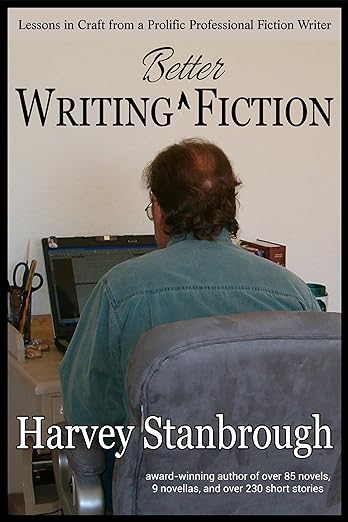

Someone once asked me if I reread my own books after they’re published. And the answer is yes. Part of the reason is research and “story-checking.” When I was writing the Dancing Priest series, I had to reread the early books to make sure I was keeping story line, characters, and settings consistent and accurate.
But I must confess that, sometimes, I reread the books simply for pleasure. Occasionally, I get so wrapped up in the stories that I forget I wrote them. I suppose that’s a good thing. Yes, I have favorite scenes in every book that I like to reread, but I do reread the books in their entirety, about once a year.
I’ve had readers tell me that they reread the Dancing Priest series, too. Last week, Bill Grandi, a pastor in Indiana, started writing about it at his blog Living in the Shadow. This is part of what he had to say about the first book, Dancing Priest; he captured the very heart of the story in just a few words:
“Glynn has weaved together a wonderful story that even a non-religious person would enjoy. Even though Michael is a fictional character, one begins to admire this young man and his passion for life. Grounded without being preachy, Dancing Priest is a wonderful story of faith, hope, caring for others, putting other’s interests before your own, and being sensitive to those around us.”
And here’s what Bill wrote about the second one, A Light Shining, after summarizing a conversation between the Anglican priest Michael Kent and a 15-year-old boy on the steps of Michael’s church in San Francisco:
“…Each one of us matters to God. He sent Jesus to die so that we could be forgiven. While a story written by Mr. Young, the conversation is heard all over the planet. Every person has value and merit. Each one matters. We are all sinners, for sure, but we still matter to God.”
It might be time to reread my books (again). Thank you, Bill Grandi.










